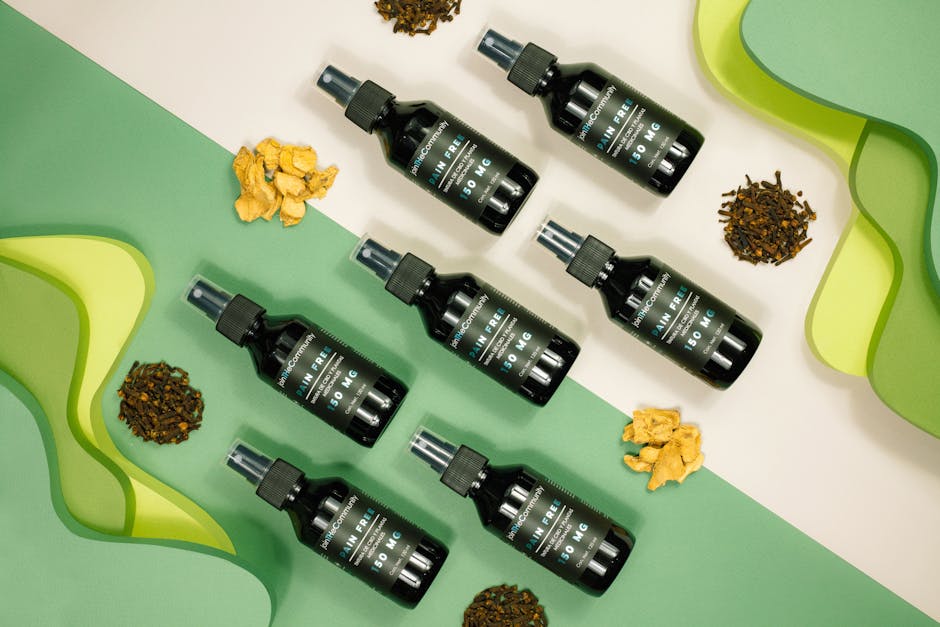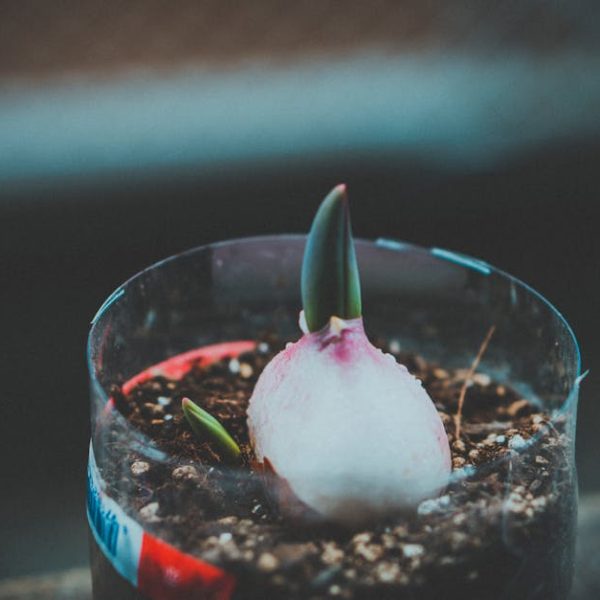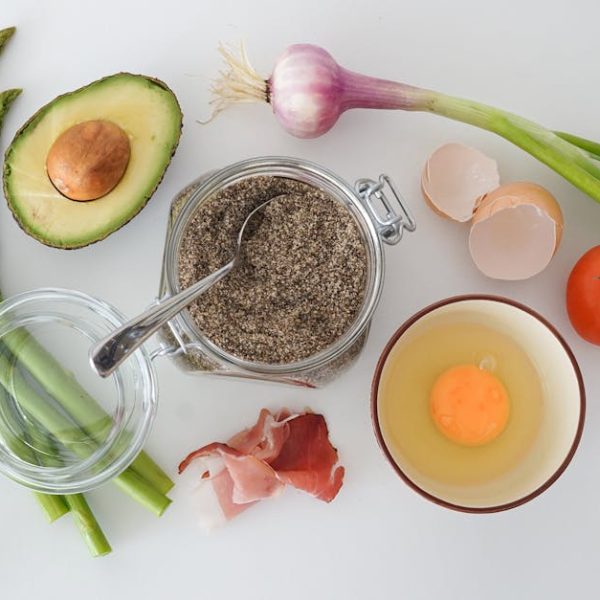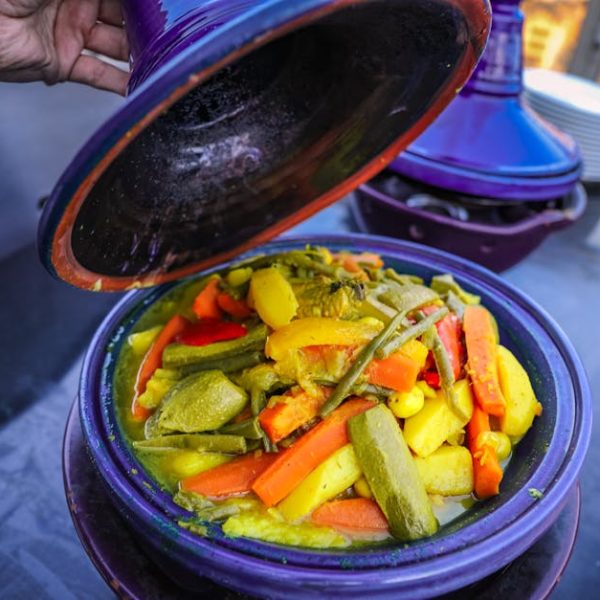Yes, freezing ginger is not only possible but also a smart way to preserve its freshness and flavor while keeping its nutritional benefits intact. This age-old root known for its strong, spicy flavor also offers a plethora of health benefits such as aiding digestion, reducing inflammation, and boosting immunity. But, as beneficial as it may be, ginger does not have a long shelf life. So unless you’re using it daily, storing it in the refrigerator or storing it at room temperature may lead to spoilage. Freezing bridges this gap, facilitating long-term storage and easy access at the same time.
Understanding the Benefits of Freezing Ginger
Freezing ginger has a multitude of benefits. From retaining its nutritional values to promoting convenient usage, the practice of freezing this aromatic root could be a game-changer in your kitchen basics.
– Health Benefits: By freezing ginger, you can maintain and maximize its health benefits. Hence, having frozen ginger on hand means you have a quick remedy for common ailments like nausea, inflammation, or digestive problems right in your freezer.
– Convenience: Frozen ginger can be conveniently grated or sliced directly into your cooking pot, smoothie glass, or tea pot, making it great for quick meal preparations.
– Cost-Effectiveness: By freezing ginger, you’re preventing spoilage, which in turn gives you more bang for buck. You get to utilize every part of the ginger you purchase, instead of throwing away spoiled or dried out pieces.
– Longevity: Ginger can be stored in the freezer for up to six months without any significant loss in flavor, making it an economical way to keep ginger on hand for a longer period.
Pro Tip: Freezing doesn’t alter the flavors of ginger significantly. So, you’ll still enjoy the zesty punch of flavor that fresh ginger offers, whether it’s in your soup, stir-fry, or tea!
How to Properly Freeze Ginger
Freezing ginger is a straightforward process but needs to be done properly in order to maintain its freshness. Here are the steps to freeze ginger effectively:
Best Practices:
– Start by washing your ginger thoroughly. Ginger is a root vegetable, and failing to clean it can lead to soil or dirt contamination.
– Once clean, pat the ginger dry before you proceed with peeling it. Any moisture left on the ginger can create ice crystals, which can lead to freezer burn or loss of flavor.
– Decide whether you want to freeze whole ginger, chopped pieces, or grated ginger. Each has its unique benefits. Whole ginger takes up more freezer space but retains freshness longer. Chopped or grated ginger is more convenient for direct use but may lose freshness after a few months.
– Use airtight containers or freezer bags to store your ginger. Keeping out air is critical for maintaining freshness and preventing freezer burn.
Comparison:
| Whole Ginger | Chopped Ginger | Grated Ginger | |
|---|---|---|---|
| Freezer Space | More space needed | Less space needed | Least space needed |
| Ease of Use | Needs to be thawed and cut prior to use | Can be used directly from the freezer | Can be used directly from the freezer |
| Duration of Freshness | Up to 6 months | Up to 3 months | Up to a month |
Tips to Thaw and Use Your Frozen Ginger
Thawing ginger is not always necessary. In many cases, you can use it directly from the freezer, especially if you have frozen it as grated ginger or small pieces. Here’s a checklist for thawing and using your frozen ginger:
Checklist:
– If using whole ginger, leave it out at room temperature for a few minutes, or until it is soft enough to cut or grate.
– For chopped or grated ginger, you can take what you need and directly add it to your dishes. There’s no need to thaw it beforehand.
– Remember to return any unused portions back to the freezer as quickly as possible to prevent it from thawing entirely.
Pro Tip: Avoid over-thawing or microwaving your frozen ginger, as it can lead to loss of flavor potency. If you’re grating or cutting it, try doing so while the ginger is still slightly frozen. It’s usually easier to handle and helps to keep its robust flavors intact.
Common Mistakes When Freezing Ginger
While freezing ginger is a fairly simple process, there are a few common mistakes that people often make that can affect the freshness and usability of the ginger.
List:
– Not Washing Properly: Skipping the step of thoroughly washing the ginger can lead to contamination and affect the taste and quality.
– Storing Inappropriately: Not using airtight containers or letting the ginger thaw entirely before refreezing can lead to freezer burn and loss of flavor.
– Freezing in Bulky Chunks: Freezing ginger in large pieces or as a whole has its benefits. But remember, the bigger the piece, the harder it will be to use once frozen. You wouldn’t want to thaw and refreeze the entire piece every time you need a small portion.
Best Practices: Always choose tight-fitting, airtight containers or bags to keep your ginger fresh for long. Prefer smaller pieces or grated ginger for easy use.
Alternative Methods to Preserve Ginger
Although freezing is an excellent method to preserve ginger, there are other ways like drying or pickling that might serve you better in certain situations.
Comparison:
| Freezing | Drying | Pickling | |
|---|---|---|---|
| Longevity | Up to 6 months | Almost indefinite when stored properly | Up to several months in the refrigerator |
| Flavor Preservation | High | Moderate | Alters flavor due to vinegar or other pickling agents |
| Usage Convenience | High – can be used directly from the freezer | High – can be used from pantry storage | Moderate – best for certain recipes |
Pro Tip: The method you select for preserving ginger should align with your usage habits and preference. Each method has its benefits and drawbacks, so choose wisely!
Key Takeaway:
- Freezing ginger is a smart and effective method for preserving its freshness and flavor with intact nutritional benefits.
- It’s important to wash, peel and properly package the ginger before freezing, and to choose whether to freeze it whole, chopped, or grated based on personal usage habits.
- Ginger can be thawed for use if needed, but for many recipes, it can be used directly from the freezer.
- Some common mistakes, like not washing ginger properly or not using airtight containers, can hinder the long-term freshness of the frozen ginger.
- Apart from freezing, there are other methods like drying and pickling ginger, each with their own pros and cons, which can be chosen based on individual preference and requirement.
Despite its strong, unique flavor, using ginger doesn’t have to be a short-lived experience. Embrace its long-term presence in your kitchen with our tips on freezing and preservation. By doing so, you’re setting yourself up for a continuous supply of ginger goodness. So, why wait? Give these methods a try to keep ginger readily available for your culinary ventures.
FAQs
Q: Can I freeze ginger without peeling it?
A: While it’s possible to freeze ginger without peeling, it’s not recommended. PEeling helps to maintain the freshness and flavor of the ginger during freezing and thawing.
Q: How long does frozen ginger last?
A: When properly stored in an airtight container or freezer bag, frozen ginger can last up to six months without losing significant flavor or nutrition.
Q: Can I refreeze ginger after thawing?
A: It’s best to avoid refreezing ginger after it has been thawed, as this can lead to texture and flavor changes. Instead, try to freeze ginger in small, usable amounts to avoid the need for refreezing.
Q: Does frozen ginger retain its health benefits?
A: Yes, freezing ginger helps to preserve its nutritional values. This ensures that you continue to benefit from its anti-inflammatory and immune-boosting properties even after months of storage.
Q: Can I use frozen ginger in tea?
A: Absolutely! You can grate or slice the frozen ginger straight into your teapot for a delicious and healthy ginger infusion. This is one of the easiest and most beneficial ways to use frozen ginger on a daily basis.
We hope this article was helpful. Don’t hesitate to share it with your fellow ginger-loving friends to spread the knowledge on preserving this amazing root spice. Furthermore, for more tips and hacks around home cooking, ensure to explore more articles on our website.






